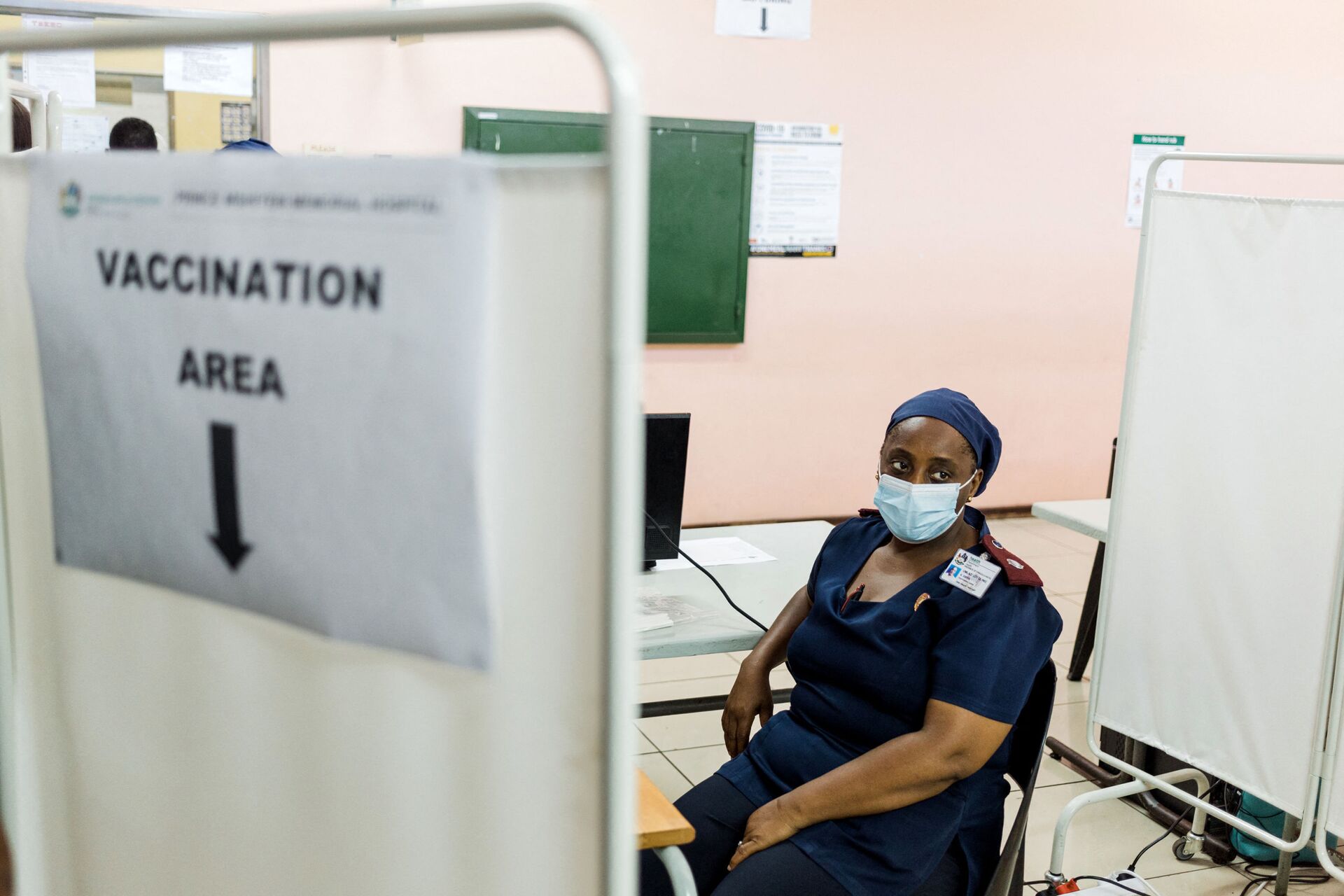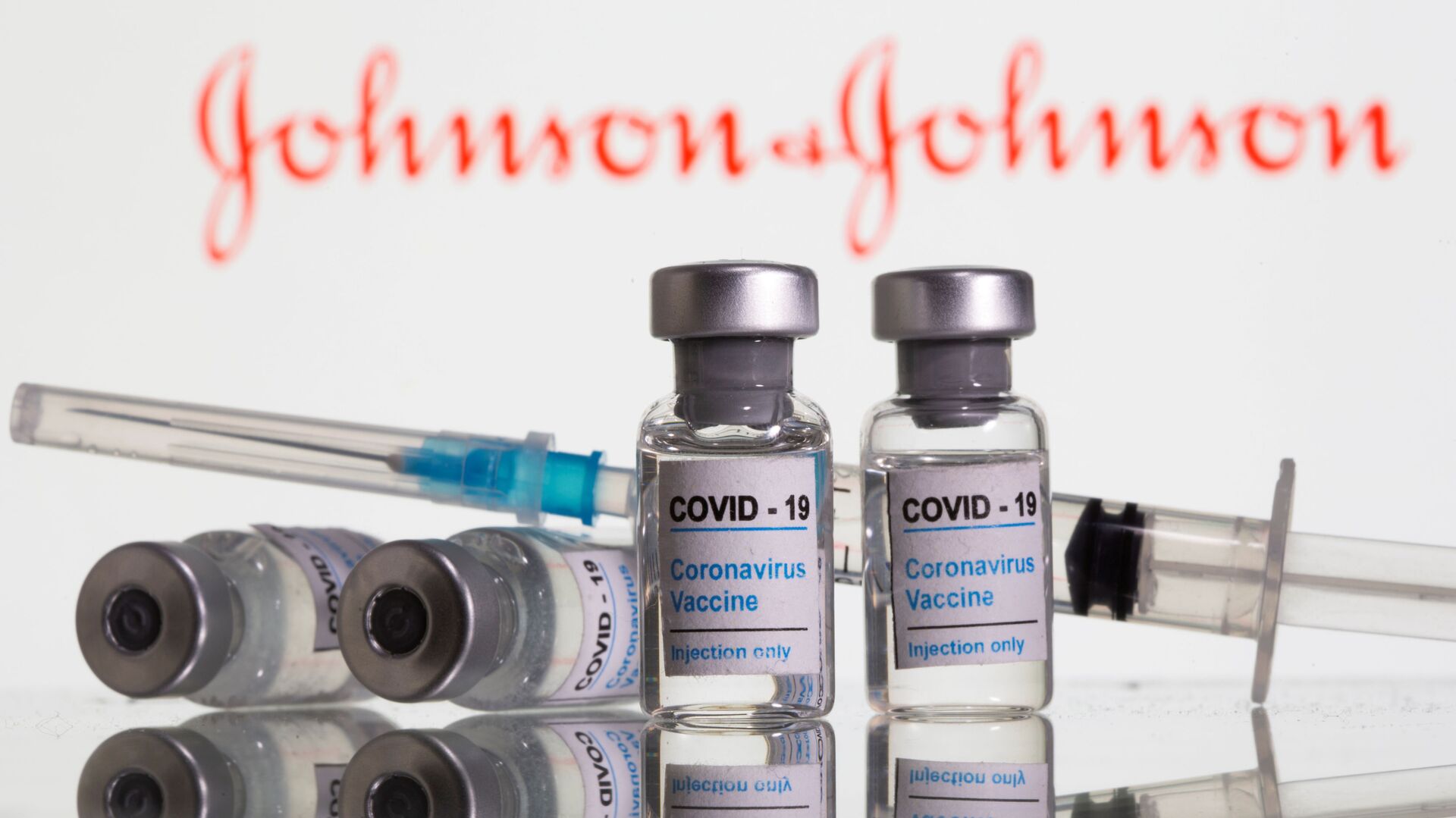US Food and Drug Administration (FDA) experts said that three recipients of Johnson & Johnson's one-shot COVID-19 vaccine had suffered from "severe side effects" during the trial, Reuters reported, citing the agency's documents.
One of these reported events was a "hypersensitivity reaction" - although not classified as anaphylaxis - and was registered two days following the inoculation and is likley to be linked to the J&J jab, the files allegedly say.
But the agency argued that they were not alarmed by these occurrences and their analysis of the vaccine did not raise any particular safety concerns that would prevent emergency use authorisation.
Overall, FDA staff said in papers submitted on Wednesday that the J&J shot had appeared "safe and effective in trials", potentially giving a green light for the vaccine to be used in the United States.

The FDA's panel of independent experts has yet to authorise the shot for emergency use. They are expected to meet on Friday and could either approve it or dismiss it in the wake of the advice of the agency's experts.
In the case of the Moderna and Pfizer vaccines, that have now been authorised for use across the country, the panel has agreed with its experts.
Unlike two-dose Pfizer and Moderna vaccines, J&J shot does not need to be frozen and could be kept in the refrigerators for up to three months. This makes it much easier to handle and ship, analysts say.
If approved, J&J would become the third COVID vaccine administered to Americans but will be the first to involve only a single dose to fight coronavirus and related complications.
Johnson & Johnson said in January that its vaccine had a 66 percent efficacy in fighting moderate to severe cases of COVID resulting from multiple strains of the virus after an international trial that involved more than 40,000 people. The medical company revealed that the vaccine had the highest efficacy rate in the United States - 72 percent - and was 85 percent effective overall in preventing severe cases of COVID.
The newly released documents also suggest that the J&J vaccine is effective against asymptomatic cases of coronavirus.
If authorised, the company would be able to produce only a few million doses in the first seven days after approval, but eventually could make up to 20 million doses to be available by the end of March and 100 million by summer, J&J said this week.



